How To Grow Thicker Hair - The Expert Guide
In this day and age, everyone desires to have a thick mane—especially women who leave no stone unturned to get gorgeous and thicker tresses. But let’s face reality. Not everyone is blessed with thick hair, and most people have to cope with hair loss at one point in their life or the other.

Before we give you the scoop of how to get naturally thick hair, let’s discuss what causes hair loss or hair thinning in the first place.
Well, both men and women experience thin hair or baldness in their lifetime due to multiple reasons. They are:
Genetics
Natural aging
Poor diet
Chemical-laden haircare products
Illness or allergies
Natural Ways to Boost Hair Thickness
Although you can’t change the natural texture of your hair, you can grow back your lost hair with these solutions:
1. Take Biotin Supplements
Biotin, or vitamin B7 is often touted as one of the essential micronutrients for healthy hair. This is why anecdotal claims support its use for hair growth. According to a 2012 study, an oral marine protein supplement with biotin can improve hair thickness.
2. Get Enough Iron
If you are molting frequently, iron can come to your rescue. Known to boost circulation and help carry oxygen to the scalp, iron can engender thick and long hair. Scientific studies show that iron deficiency can orchestrate hair loss. Results of these studies suggest that the nutrient plays a role in premenopausal female pattern hair loss. So, get your everyday iron intake in the form of diet or supplementation to prevent hair loss or thinning. (Get hair thinning/hair thicker more focus)
3. Rely on Omega 3 fatty acids
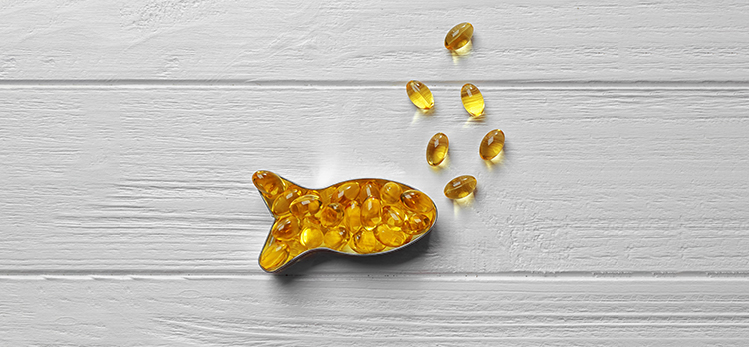
Omega-3 fatty acids are hailed for benefiting skin and hair greatly. They are generally found in fatty fish and some nuts and seeds. When it comes to hair, omega-3s can keep hair thick and also fight hair loss. A 2015 study involving 120 individuals studied the effect of omega-3 and omega-6 supplements. The results indicated that about 90% of the participants taking the supplement experienced less hair loss and felt more hair on their heads.
4. Resort to Saw Palmetto
The ripe fruit of the tree saw palmetto has found its way in many hair care products and supplements. Propellants say that it can benefit people coping with hair loss. A small 2002 study found that a supplement containing saw palmetto showed promising results in 6 out of 10 males with androgenetic alopecia. Plus, it is also known to strengthen the hair follicles to grow back hair stronger and thicker(What is the relevance with thick hair?)
5. Use Rosemary Oil
Many people on their hair growth journey swear by rosemary oil. Even scientific research has shown some positive results in this regard. A 2015 study shows that rosemary oil leads to a significant increase in hair growth.
Treatment Options for Thick Hair
Dermatology-grade solutions and medical treatment that can help with hair loss and hair growth are thick on the ground. Given below are few treatment optionswhich can be explored only after Dermatologist’s assessment and prescription.
Topical Minoxidil
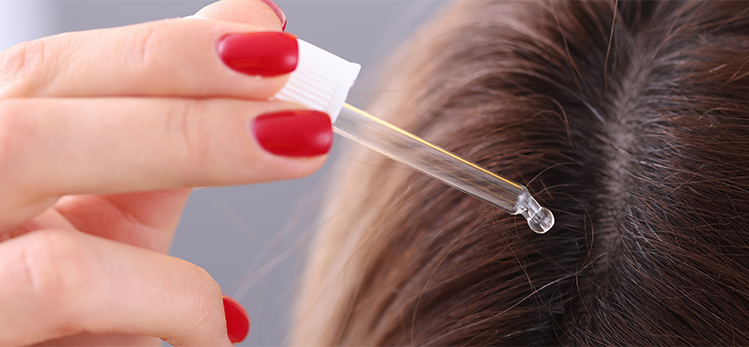
Topical Minoxidil is a prescribed medication used for treating androgenetic alopecia. Topical Minoxidil is available in a 2% and 5% solution on a dermatologist's prescription. This treatment needs to be adhered to consistently for 3-4 months for visible results.
Oral Finasteride
Oral Finasteride which is readily available in the form of a prescription pill can increase hair weight and hair count. It is approved for treating androgenetic alopecia in males. As per a scientific report published online, the beneficial effects of finasteride entail increased growth rate and thickness of hair strands. The medication works for hair loss disorders by blocking a male hormone in the scalp.
Medical Procedures
Medical procedures like hair transplants are a great option for people who don’t experience satisfactory results from medication and natural remedies. In this treatment, the clinician takes a hair strip from the back of the scalp and fixes the individual follicular units onto the bald areas. Other surgical procedures for hair include stem cell therapy and laser hair treatment.
Conclusion
Hair loss or thin hair can shatter one’s self-confidence. Fortunately, there are ways to increase hair density even if you are suffering from hair disorders like male or female pattern loss. To grow thicker hair do not self-meditate. Consult your dermatologist. A dermatologist will examine your condition, the underlining cause and suggest the proper dosage of medication for best results. Maintaining a healthy and stress-free lifestyle and nutritious meals are also very important for optimal hair care
Myth Busters HairFall
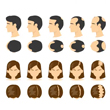
Androgenetic Alopecia - Everything You Need To Know
Have you been experiencing excessive hair fall over a prolonged period of time? It could be an early sign of androgenetic alopecia. It is a hair loss disorder common in both genders and can lead to progressive thinning and even baldness in some patients if not caught and treated early.

How To Make Hair Grow Faster For Men
A head full of healthy hair is a matter of confidence. Hair has its own mechanism of growing and shedding, and it is when this mechanism is thrown off that growth is hindered. Especially in the case of males, hair growth faces a lot of hiccups that can easily be managed.
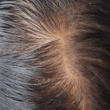
Female Pattern Baldness - Causes & Treatments
Have you suddenly noticed an increase in the number of hair strands on your pillow in the morning? Or is your ponytail getting thinner by day? Well, you might be suffering from female pattern baldness. While that does sound scary, identifying it early on is key to treating this condition effectively. So keep reading to know what this is, how you can identify it, and most importantly, what treatments you can avail of to get your beautiful lustrous hair back.
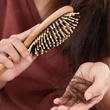
What Are The Reasons For Hairfall?
Almost everyone experiences some amount of hair thinning over the years. Shedding around 50 to 100 single strands of hair per day is considered normal. However, losing more than 150 strands a day, experiencing sudden thinning, or developing circular bald patches on your scalp are reasons for concern. Hair loss occurs when new hair doesn’t grow fast enough to replace the amount of hair you lose daily. Hair can fall due to various reasons, with hereditary hair loss and poor nutrition being the most common hair fall reasons.

Expert Approved Tips For Hair Growth
What can be more debilitating than seeing hundreds of hair strands shedding from your scalp every time you brush your hair? Also, excessive molting occurs during seasonal changes that can be very stressful for you. Although it’s okay to lose between 50-100 strands every day, according to the American Academy of Dermatology, the problem occurs when you start shedding more than normal. But that doesn’t mean you have to feel helpless as there are ways to grow your hair back. Even if you are coping with baldness or alopecia, certain hair growth tips from dermatologists can come to your rescue. Read on to discover how these tips can be your savior when abnormal hair fall problems are in sight.
Trending Videos
+ 9 Sources
LMRC - GGI-CO-A2-DMA-300026127-300026127-WM-J21-282
© 2021 Dr. Reddy’s Laboratories Ltd. All rights reserved.